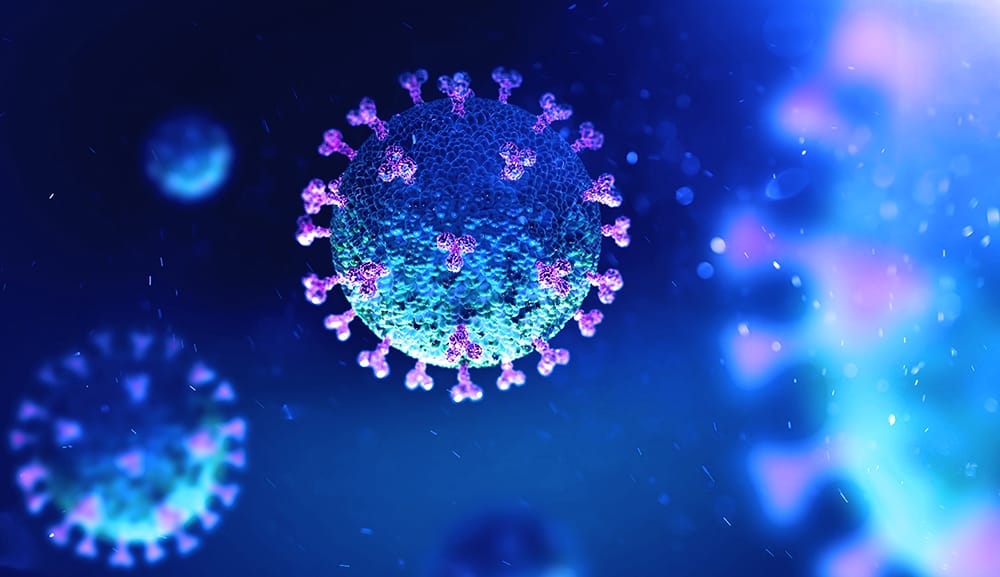The COVID-19 vaccine developed by Valneva has been given regulatory approval by the Medicines and Healthcare products Regulatory Agency (MHRA).
The UK’s independent medicines regulator is the first in the world to approve the Valneva vaccine which becomes the sixth COVID-19 vaccine to be granted an MHRA authorisation.
It is also the first, whole-virus inactivated COVID-19 vaccine to gain MHRA regulatory approval. With this type of vaccine, the virus is grown in a lab and then made completely inactive so that it cannot infect cells or replicate in the body but can still trigger an immune response to the COVID-19 virus. This process is widely used already in the production of flu and polio vaccines.
Dr June Raine, MHRA Chief Executive, said: “Our approval of the COVID-19 vaccine made by Valneva today follows a rigorous review of the safety, quality and effectiveness of this vaccine, and expert advice from the government’s independent scientific advisory body, the Commission on Human Medicines.”
Professor Sir Munir Pirmohamed, Chair of the independent Commission on Human Medicines, said: “The independent Commission on Human Medicines and its COVID-19 Expert Working Group has carefully considered the available evidence and are pleased to say that we have advised that the benefit risk balance is positive. The vaccine is approved for use in people aged 18 to 50 years, with the first and second doses to be taken at least 28 days apart.”
Each type of vaccine has a different pattern of antibody response over time. For the Valneva vaccine, two doses are required before a robust antibody response is raised. This means that people will need to be made aware that protection will only start after two doses.
The storage temperature for the Valneva vaccine – of 2°C to 8°C – is similar to that of a domestic fridge, making it appropriate for use in countries where storage at very low temperatures is not possible.


